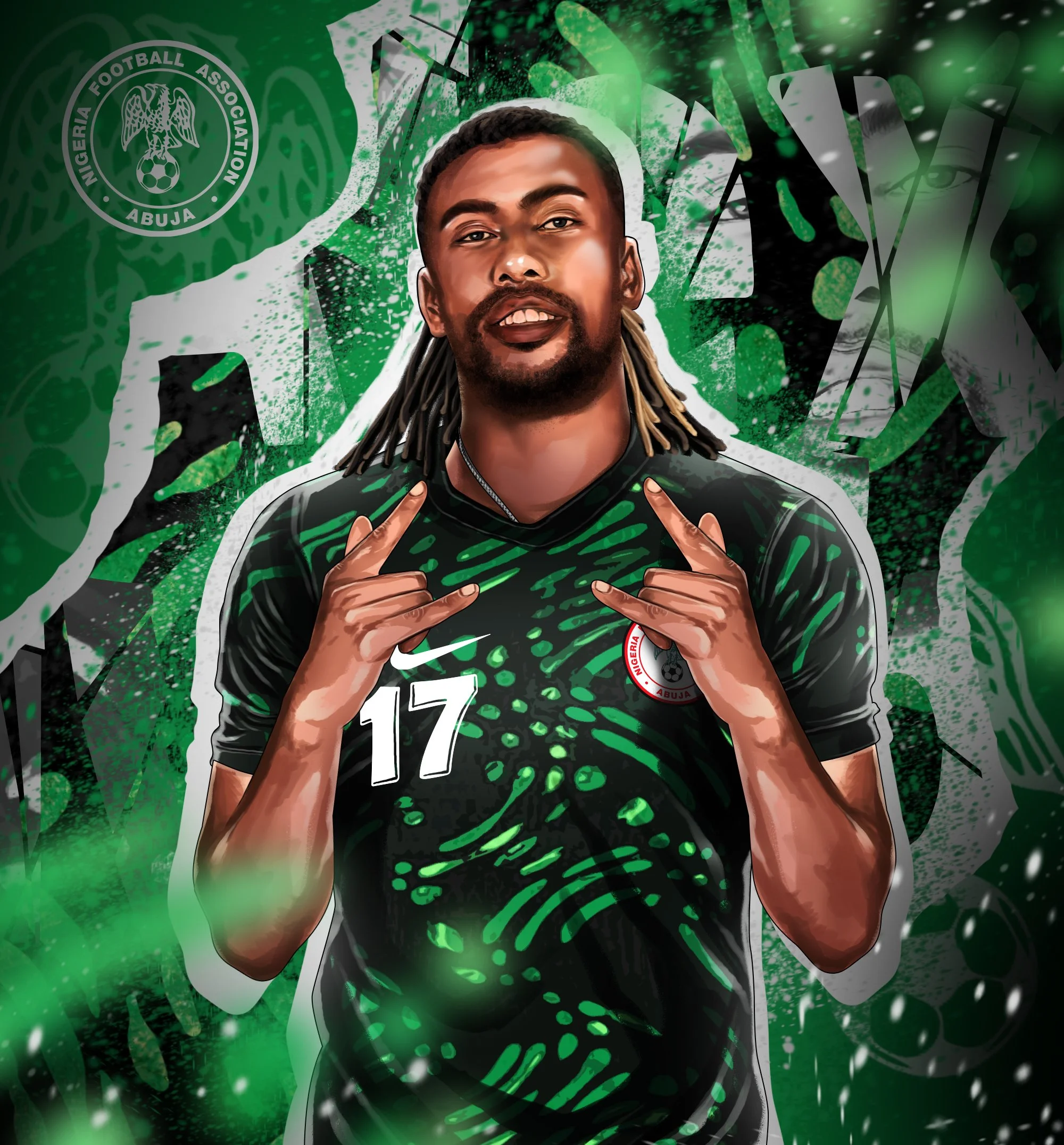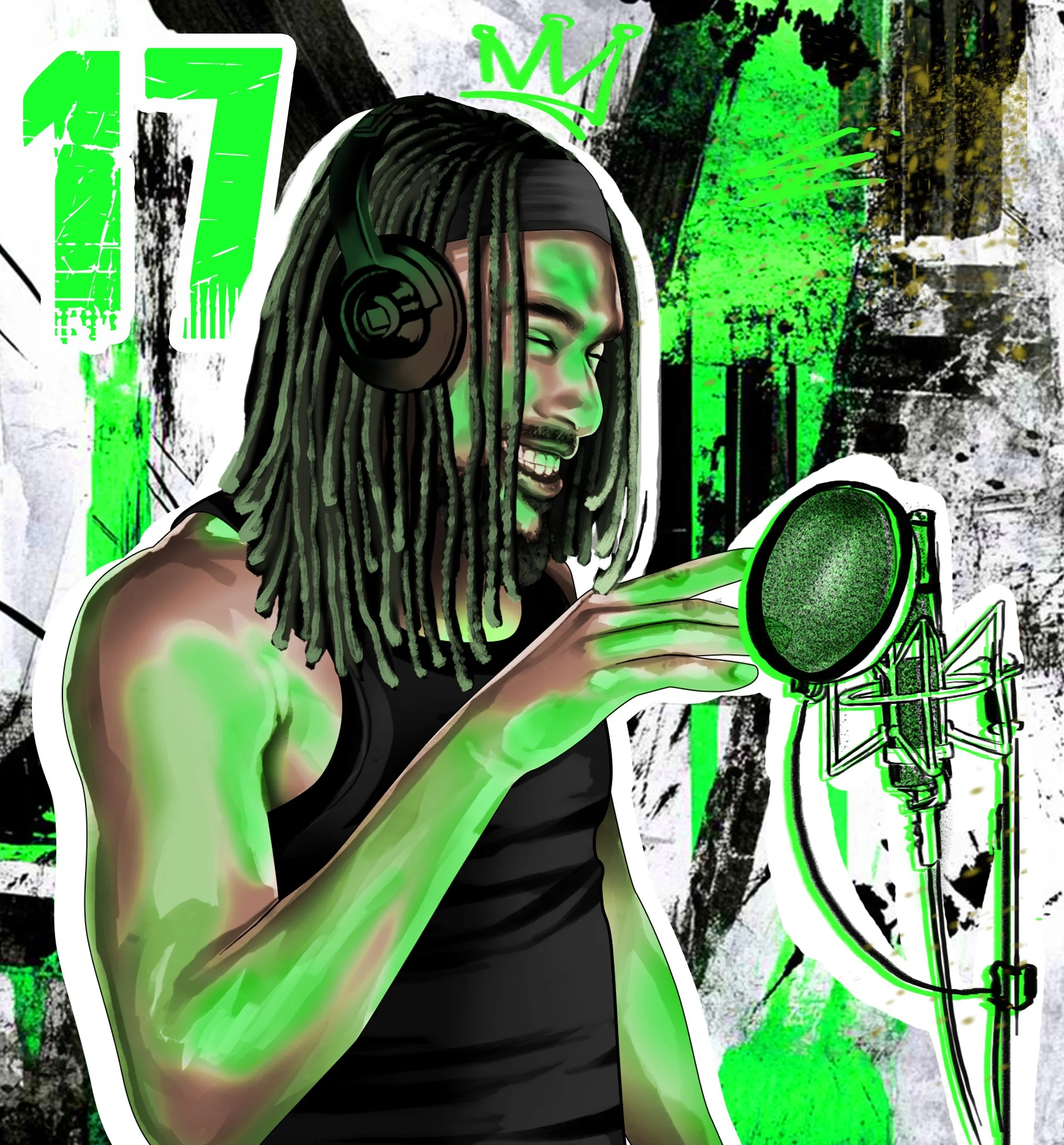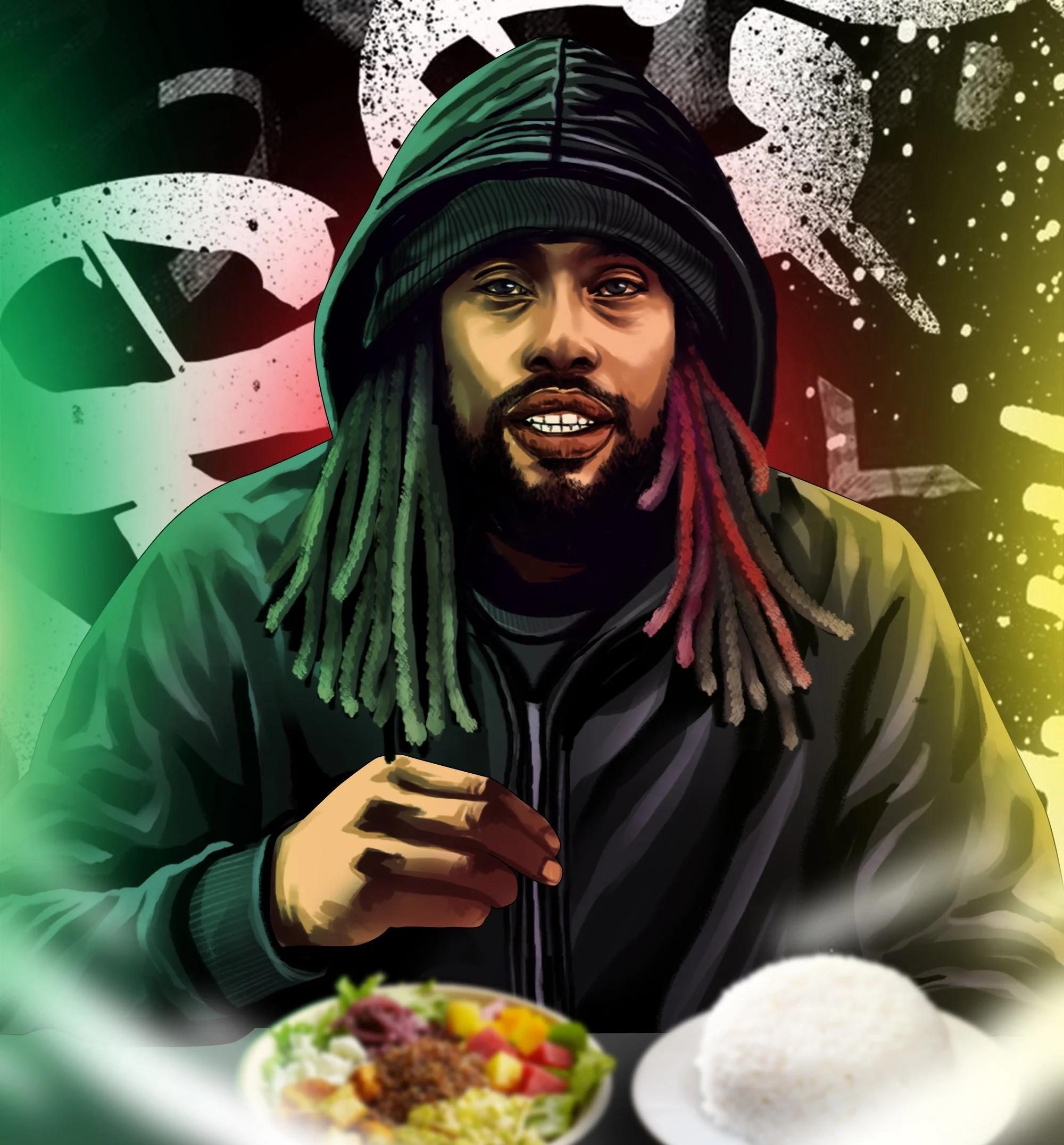Alex Iwobi: The Many Sides of a Super Eagle
Spending his formative years in Canning Town, East London, many would have understood if Alex Iwobi chose to pursue a future with England’s national team. 83 caps later, proudly representing the Nigerian Super Eagles, he has built a reputation for always being available to play for his country.
In 2015, he trained with Nigeria’s Olympic team and was set to feature in a game against Gabon U23 in an African Games qualifier. Eligibility concerns from representing England at U16-U18 levels meant he was pulled from the squad. He eventually made his competitive debut for Nigeria against Egypt in an African Nations Cup qualifier on March 25, 2016. He thanked the English FA and explained that switching allegiance felt natural, and Nigeria felt more like home. Though he spent some of his childhood in Turkey, Iwobi was raised in a Nigerian household and has never shied away from displaying his culture, especially through his famous Snapchat videos during national team training camps (we’ll get to that).
Iwobi was born in Lagos before moving to Turkey and then England at the age of four. His early environment gave him both the hunger and joy for football. His mother is the sister of legendary Nigerian footballer Austin “Jay-Jay” Okocha. His father, Chuka Iwobi, played football at the University of Nigeria and was once described as a skilled midfielder in the 1980s.
Iwobi’s parents deserve immense credit for their role in nurturing his talent. On the “Behind the Boots” podcast, his father described Alex being scouted at age six and how the family made significant sacrifices to support his dream. After just four days at his Sunday League team, Rippleway, the coach called Chuka to say Alex had something special. Soon after, he was invited to the Arsenal development centre in Potters Bar. On the same day fellow Hale End graduate Chuba Akpom was also scouted.
Academy life wasn’t easy. Born in May 1996, Iwobi often found himself playing against older age groups, which affected his confidence and how coaches perceived his development. At one point, Arsenal staff doubted his potential. It was a turning point, forcing him to reinvent himself. With support from his family and a strong mental attitude, he pushed through. He never had a Plan B, football had to work out. It did.
Iwobi made his first-team debut for Arsenal in 2015, going on to make 148 appearances and scoring 15 goals. His £35m move to Everton in 2019 came as a surprise even to him. “I was on holiday after AFCON,” he said. “Unai Emery gave me time off, and suddenly my agent called to say Everton had submitted a medical. Arsenal had already moved ahead with the deal and he didn’t even get a chance to say goodbye to his teammates. It was a harsh introduction to the business side of football.
At Everton, his early struggles nearly led to a loan move under Rafa Benítez. But under Frank Lampard, Iwobi rediscovered his form. Lampard gave him a new role with more freedom in central areas, and Iwobi responded by growing into a more mature, reliable player. That same energy has translated to his time at Fulham.
At Fulham: The Reinvention
Alex Iwobi’s move to Fulham was met with a mix of curiosity and skepticism. Would he be a utility player again, or finally take centre stage? The 2024/25 Premier League season answered that question emphatically. Under Marco Silva’s system, Iwobi emerged not just as a starter but as one of Fulham’s key creative engines, registering 15 goals + assists contributions across league and cup competitions.
What sets Iwobi apart at Fulham is the balance he now brings to his game. Previously seen as a flair player with flashes of brilliance, he’s evolved into a consistent performer with discipline, vision, and leadership. No longer confined to the wing, Iwobi is often deployed in a more central role where he influences the rhythm of Fulham’s attack. He reads space intelligently, links midfield to attack, and doesn’t shy away from tracking back which earned him praise from pundits and fans alike for his work rate.
Off the pitch, his calm demeanour and experience have made him a quiet leader in the dressing room. He’s become the kind of player younger teammates look up to not because he’s the loudest, but because he leads by example. At 29, he’s entering his footballing prime, and Fulham has provided the perfect environment for him to refine his craft.
This phase of Iwobi’s career shows the mature professional, composed, tactically aware, and finally receiving the trust and responsibility his talent has long deserved.
The Creative: A Hidden Music Talent
Away from the roar of stadiums and the daily grind of Premier League life, Alex Iwobi quietly nurtures a second passion: music. Not just as a hobby, but as an evolving craft. Under the artist name “17”, a subtle nod to his shirt number during his Arsenal and Nigeria youth days. Iwobi has stepped into the world of recording, producing, and releasing music.
In early 2025, he made his most high profile foray yet with a surprise collaboration featuring Nigerian rap star Odumodublvck. The track, released across streaming platforms including Spotify and Apple Music, blends gritty UK rap influences with bouncy Afrobeats energy. Iwobi’s flow is measured but confident, clearly not someone just dabbling for fun. His delivery sits comfortably alongside Odumodublvck’s signature raw energy, and the track has been received with both curiosity and growing respect by fans across music and football circles alike.
Long before releasing music commercially, Iwobi gave fans a glimpse of this hidden side through freestyles on Instagram Stories and playful behind-the-scenes videos during Super Eagles camps. Those moments weren’t just content, they were rehearsals. Studio clips now show him working with producers, experimenting with melodies, and taking creative risks that most athletes wouldn’t dare to. His musical influences are as diverse as his upbringing: from Burna Boy and J Hus to Skepta and Drake, all layered with a distinctly Lagos-meets-London sensibility.
In interviews, Iwobi has hinted that music helps him stay mentally balanced, especially during the stressful highs and lows of his football career. It’s his sanctuary, offering him the freedom to explore identity, mood, and rhythm on his own terms. There’s also something refreshing about how he approaches the music game. He isn’t marketing himself as a celebrity turned musician. Instead, he’s allowing the music to speak for itself. No flashy rollouts or ghostwriters, just an artist trying to tell his own story through sound. Whether he’s rapping about ambition, loyalty, or life in London, it’s clear Iwobi’s voice as “17” is still developing—but the foundation is already promising.
This dimension of “Iwobi the creative”, is a powerful reminder that footballers, like anyone else, are multifaceted. Through his music, he’s building something that could very well outlast his time on the pitch.
The Chill Guy: Snapchat Iwobi
If you’ve ever stumbled across Alex Iwobi’s Snapchat during an international break, you already know; he is entertainment gold. Whether it’s mock interviews, inside jokes, off-key singing, or playful teasing of teammates, Iwobi’s Snapchat stories have earned cult status among Nigerian fans and beyond.
In the usually high-pressure environment of national team camps, Iwobi’s comic relief is a welcome contrast. He captures behind-the-scenes moments most fans never get to see: impromptu dance-offs, food reviews at team meals, or sneak peeks into hotel room banter. He even created a mini “docu-series” style during one AFCON camp, giving viewers hilarious running commentary of Super Eagles life. And it’s not forced, he’s genuinely funny, quick-witted, and in tune with cultural nuances that make the content especially relatable to young Nigerians.
What makes this side of Iwobi so special is its sincerity. He doesn’t pretend to be a polished influencer. His videos are raw, chaotic, and honest. He’s not chasing likes—he’s just being himself. And in doing so, he’s become one of the most relatable personalities in the Nigerian squad.
His humour isn’t just comedy. It’s cultural currency. Iwobi connects deeply with fans by showing he understands the jokes, the slang, the music, the inside gist. It’s the side of him that reminds you he’s not just a Premier League star—he’s still the guy from Canning Town who grew up in a Nigerian home.
Through Snapchat, we see the playful and cultural Alex; unfiltered, hilarious, and proudly Nigerian.
Conclusion: Still Writing His Story
Alex Iwobi has never been easy to define, and that’s exactly what makes his story so compelling. From the talented kid at Hale End who had to fight for his place, to a Premier League mainstay, to a cultural voice across two continents, Iwobi’s journey is one of quiet resilience, constant reinvention, and unapologetic authenticity.
At Fulham, he has found a system that values his intelligence and creativity on the pitch. As “17,” he is building a new lane for himself in music, adding artistic depth to an already rich personal narrative. On Snapchat, he continues to be the bridge between football and culture—a connector of people, ideas, and humour in ways that go beyond goals and assists.
What ties all these layers together is his deep and visible pride in his Nigerian identity. Whether it’s switching national allegiance at a time when it wasn’t trendy, dancing to Afrobeats in the Super Eagles dressing room, or collaborating with homegrown artists like Odumodublvck, Iwobi constantly uses his platform to celebrate his roots. He’s not just playing for Nigeria—he’s carrying it with him in everything he does. And perhaps that’s the most exciting part: he’s not done. At 29, Iwobi is entering the prime years of his life and career. With his maturity, versatility, and cultural awareness, he’s poised to become more than just a footballer—he’s becoming a symbol of what it looks like to thrive across multiple arenas without losing your essence.
The story of Alex Iwobi isn’t just about football. It’s about identity, evolution, and the freedom to be all the things you are even when the world wants to put you in one box. He is still writing his story, and the chapters ahead look even more dynamic than the ones we’ve already read.



